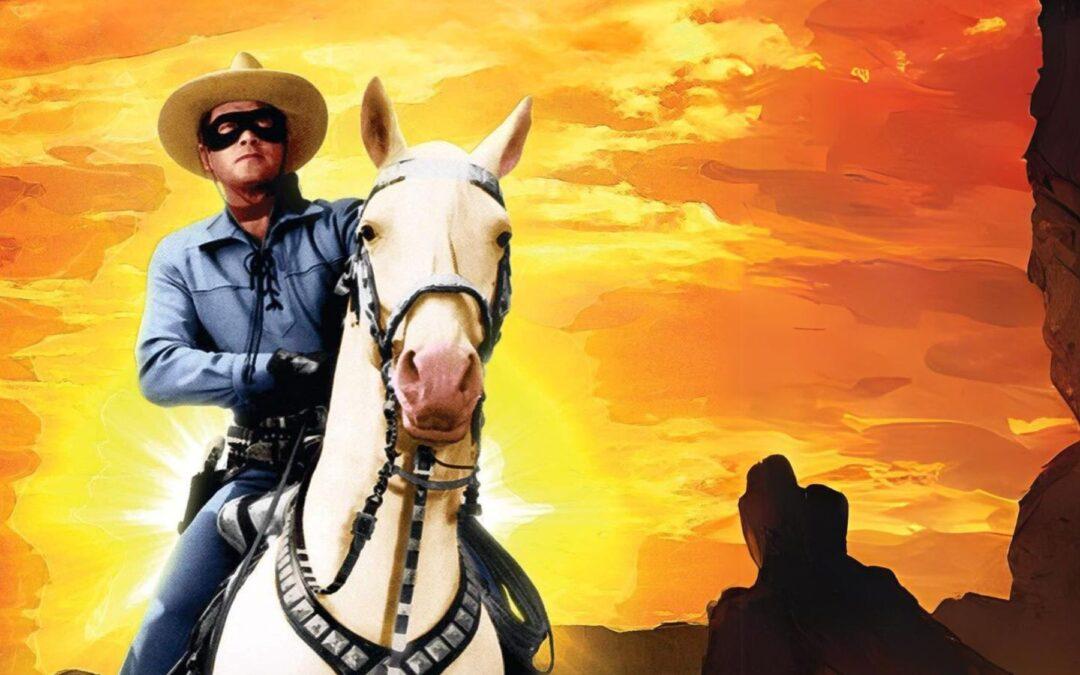Dear Friends,
Many moons ago, when I was a child, our culture was shaped by a handful of television shows that almost everyone watched. As children, we would reenact the episodes in the backyard or in the basement. Certain ideas were strongly reinforced through the stories presented in the shows and then played out in our own reenactments.
One of those shows that comes to mind for me in the Easter season is The Lone Ranger where the hero is not really known, enacts justice from outside the system and leaves behind a silver bullet to remind the local folks to live a life of justice. The mask he wore was also meant to be a symbol of justice – not decided by personalities or wealth but, like the ancient statues of a blindfolded justice, was decided by truth alone.
Perhaps some of you remember the background story of The Lone Ranger. Here’s a summary: “In 1874, six Texas Rangers were betrayed by a guide and ambushed at Bryant’s Gap. Five died, the sixth was left for dead and would have died that day but for an amazing coincidence. After the shooting was over, an Indian man happened upon the scene of the ambush. The ranger who was wounded but still clinging to life had saved that Indian from outlaw raiders a few years earlier, when the two were just boys. The Indian recognized his former companion, carried him into a nearby cave and nursed him back to health. He has been The Lone Ranger ever since. On radio, in movies, in novels, on television, in comic books, his story has been embroidered, embellished and rewritten. But he always wore a mask, he always pursued justice and he never accepted praise or payment” (NPR Story).
As kids, it was always fun to be the Lone Ranger because he always won even if it looked like everything was going bad along the way. You could be captured or pinned down by gunfire or in a burning building and somehow goodness won out. Your faithful friend was a Native American who you could trust with your life and who never said too much while you rode to the next town. The series taught us to fight for justice, to care for those who could not care for themselves, to be free of racial and religious prejudice and to take personal risks to make the world a better place.
I suppose it comes to mind during the Easter Season because these TV series picked up on what were strong themes in Jesus’ teaching and the experience of the Paschal Mystery where death is overcome by the resurrection. And, since Jesus will soon be leaving his friends behind as he ascends to heaven, it is like the Lone Ranger riding off into the sunset and leaving some reminder behind.
Of course, The Lone Ranger was just fantasy and play while the tough fact of our real human life—as individuals and as communities—is of course messy, complex, a tangle of good and bad motivations and actions. But this doesn’t make the “triumph of good” story a mere fantasy. These human stories represent our deepest desire: we ache for the good in ourselves and in our world to win out. We ache for the truth of Jesus’ teaching to become real in our world. Isn’t that Easter?
Peace,
Fr. Damian



